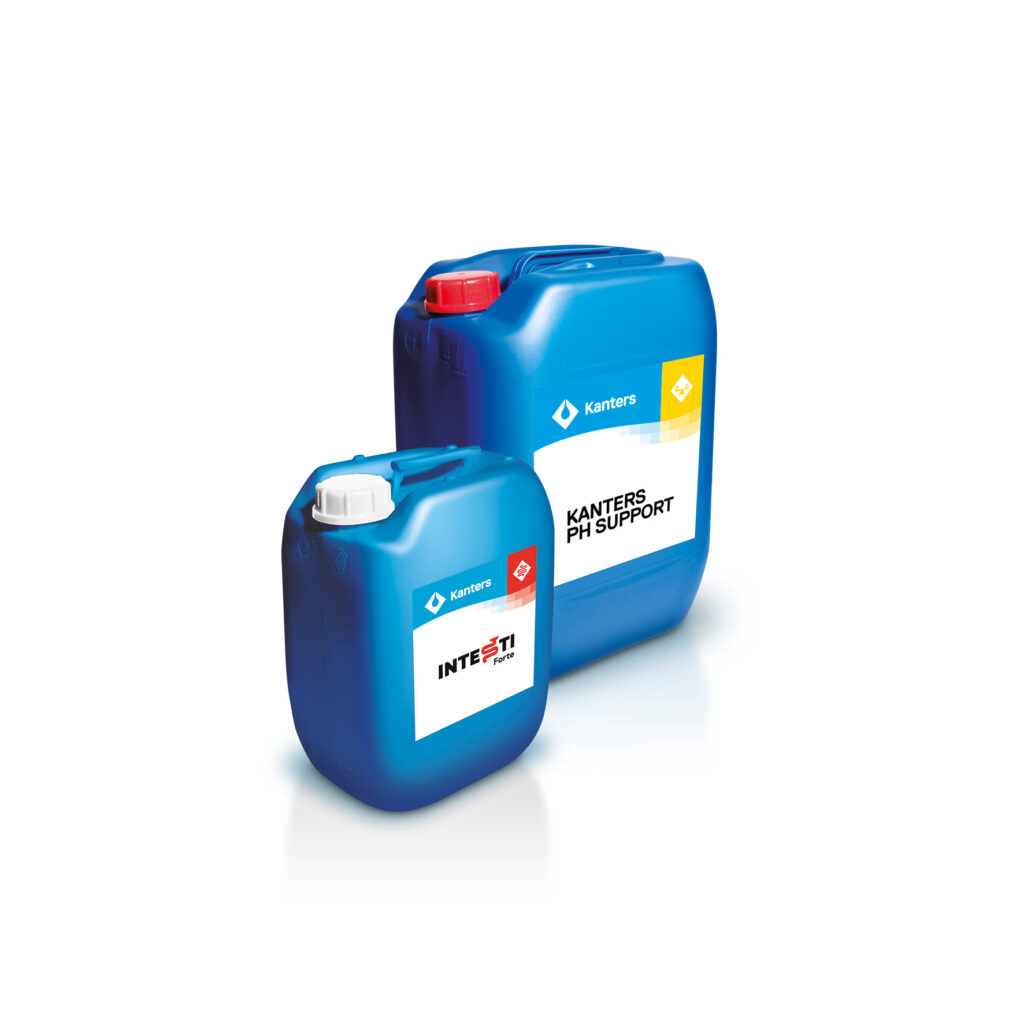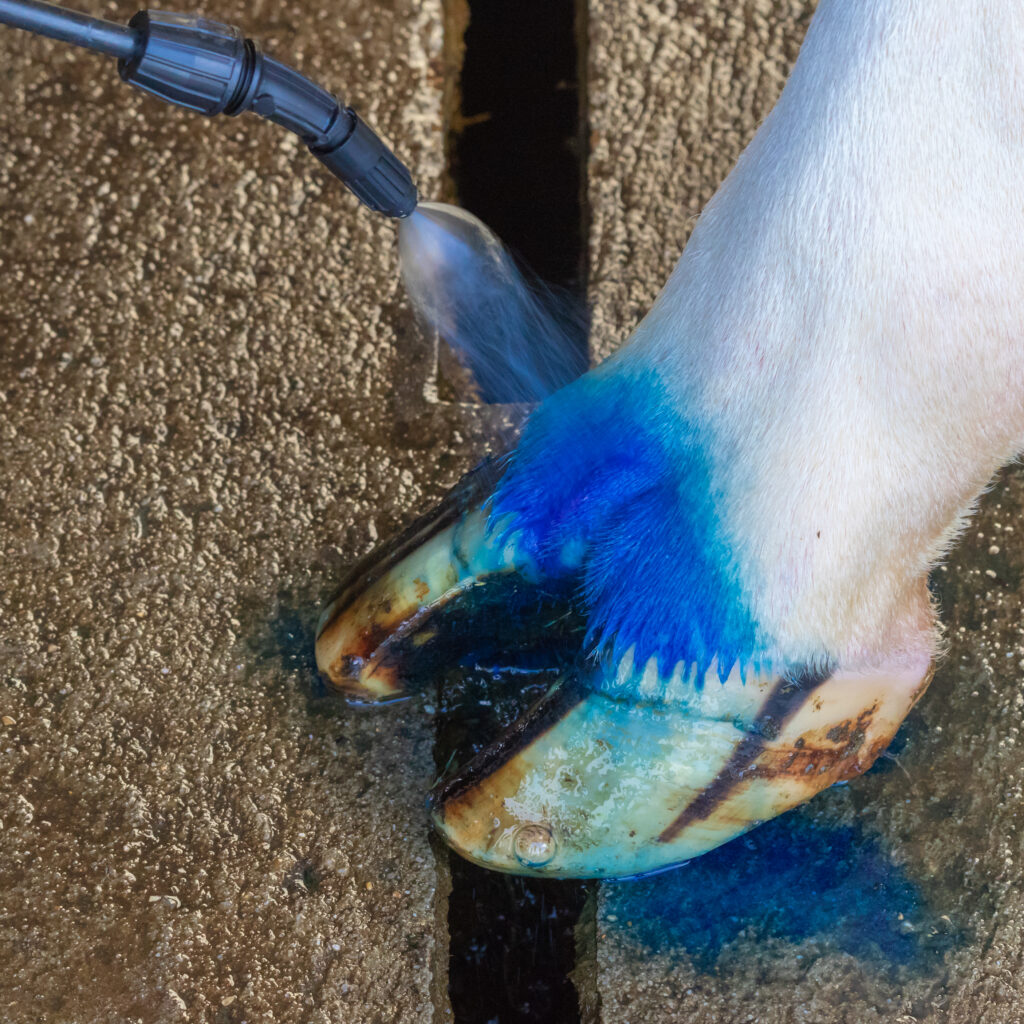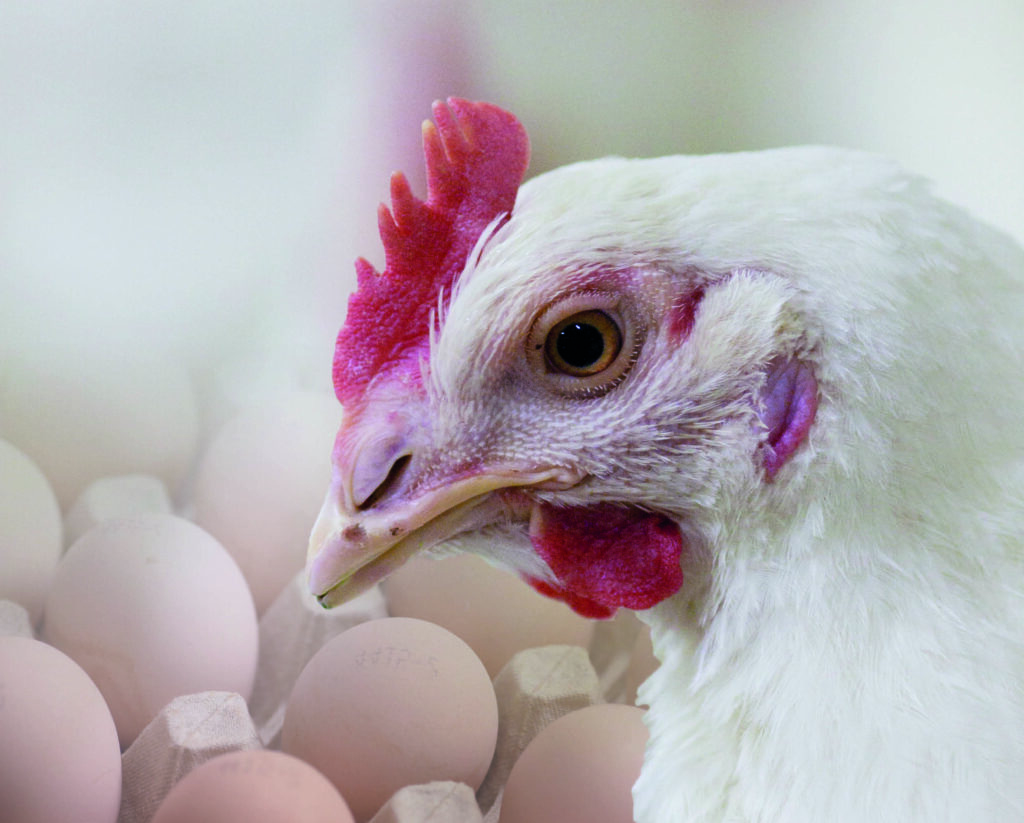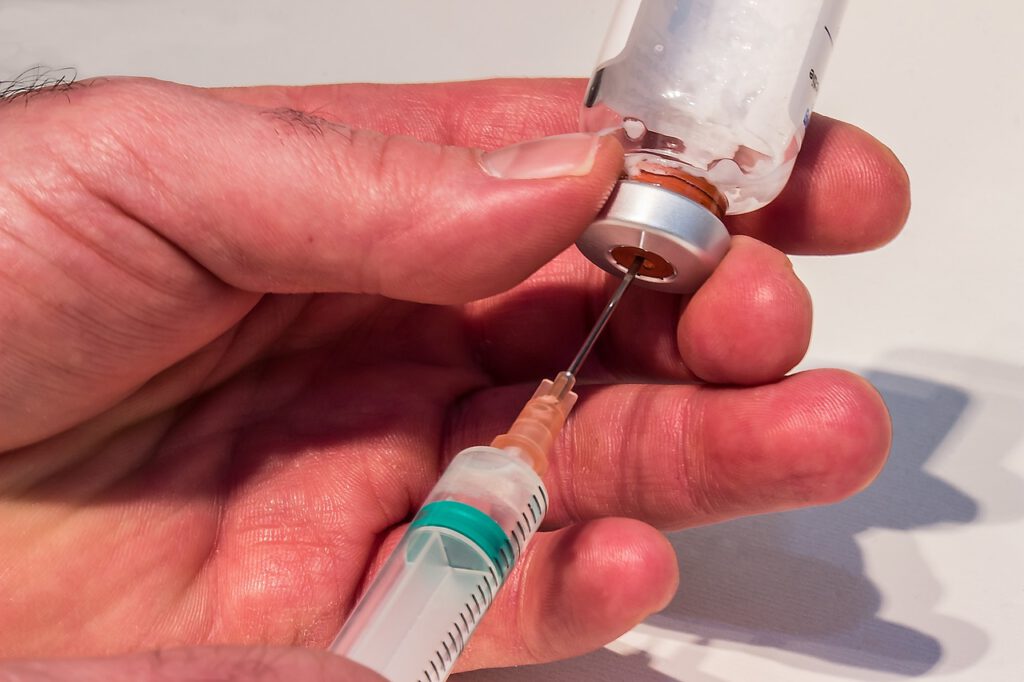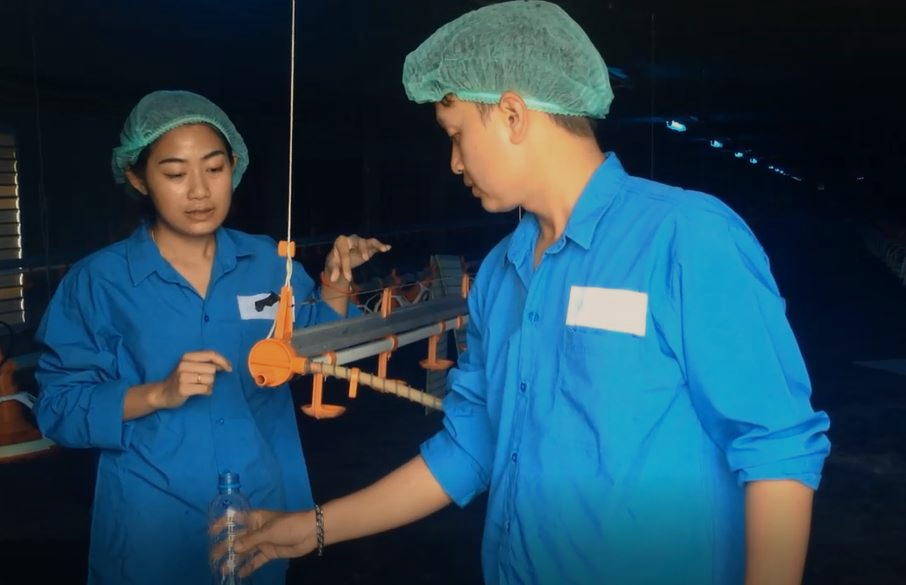Post-weaning diarrhea (PWD) is one of the most frequent problems in weaned piglets. It can have significant impacts on pig health and welfare, as well as productivity. Kanters has developed a weaning protocol to help farmers prevent PWD, by using Intesti-Forte and Kanters pH Support. With a study, effectivity of these products was evaluated.
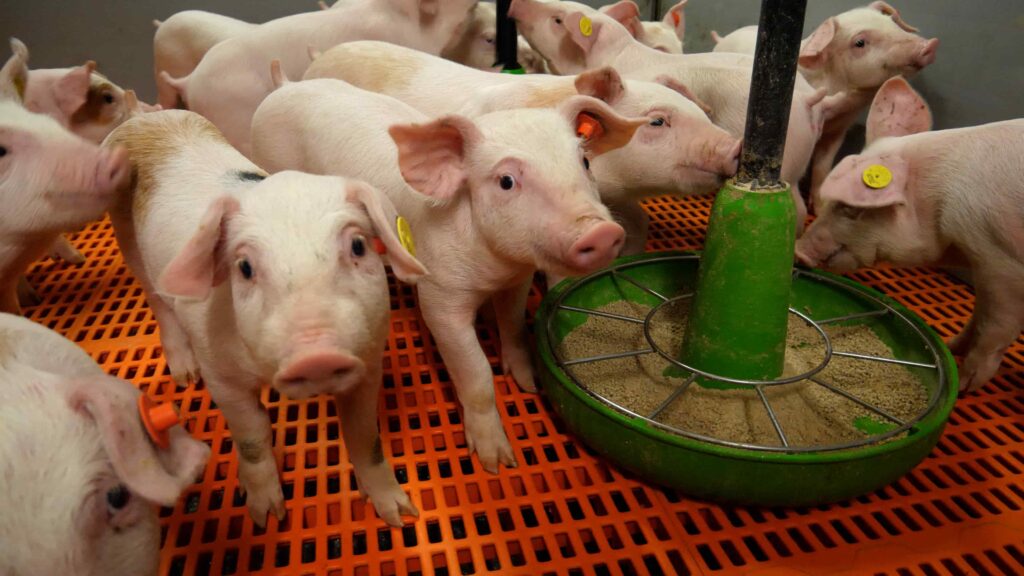
Fighting post-weaning diarrhea
PWD is commonly associated with impaired health of the gastrointestinal tract due to the proliferation of enterotoxigenic Escherichia coli (ETEC). This disturbed intestinal health may lead to watery faeces, decreased feed intake, dehydration and sometimes even death.
Traditionally, PWD is treated or prevented with antibiotics and therapeutic levels of zinc oxide (ZnO). However, the use of both is increasingly restricted by the EU because of environmental concerns.
Accordingly, Kanters developed Intesti-Forte, a drinking water supplement for supporting good gut health. Together with Kanters pH Support, an organic acid mixture to lower the pH value of the drinking water, our clients successfully reduce PWD on their farms.
Trial design
This trial evaluated the effectiveness of Intesti-Forte, with or without Kanters pH Support, in reducing ETEC colonization and diarrhea in weaned piglets, compared to treatments with antibiotics and with ZnO. In addition, the effects on intestinal health and immune response of the piglets were evaluated.
Piglets were distributed over 5 groups:
- Positive control (PC): received control feed and antibiotics in the drinking water on a pre-determined schedule
- Negative control (NC): received control feed and no drinking water additives
- Zinc oxide group (ZnO): received feed with added ZnO and no drinking water additives
- Intesti-Forte group (IF): received control feed and 1.5 ml Intesti-Forte per liter drinking water.
- Intesti-Forte + Kanters pH Support (IF+pH): received control feed, 1.5 ml Intesti-Forte and 0.5 ml Kanters pH Support per liter drinking water. The pH value of this drinking water was 3.6 (compared to 7.8 for the rest).
The trial took place during the first 21 days after weaning. Piglets had unlimited access to feed and water. On day 10, piglets were infected with ETEC.
Results and discussion
Both the IF group and IF+pH group showed a significant reduction in ETEC excretion in the piglets’ faeces. 9 Days after inoculation, only 70% of IF piglets and 50% of IF+pH piglets still shed ETEC, compared to 100% of the pigelts in the other groups.
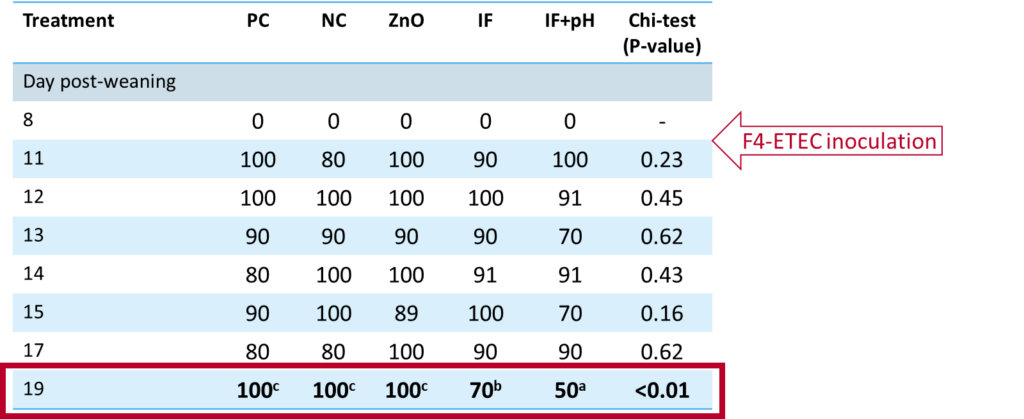
Not only did less piglets shed ETEC in the IF and IF+pH group, they also shed lower concentrations of ETEC in the faeces. Lower shedding of ETEC in the faeces is relevant to reduce infection pressure in the barn, as ETEC can survive for several months and could therefore contaminate both other piglets in the pen and piglets in upcoming batches.
IF+pH piglets had longer villi and a higher villus height:crypt depth ratio in the jejunum than NC piglets, with intermediate levels of IF piglets. Cell proliferation counts were intermediate for both IF and IF+pH in the jejunum, but in the ileum cell proliferation was as high for IF piglets, as it was for PC piglets, differing significantly from ZnO piglets. These improved intestinal morphometric structures may indicate a better absorption capacity of the gut, which is essential for maintaining growth, health and function.
There were signs that feed conversion ratio, growth and faecal consistency were better in the IF+pH group, but a different study design is needed for clearer outcomes.
Conclusion
Supplementing weaned piglets with Intesti-Forte has an antimicrobial effect, shown by reduced time and concentration of faecal ETEC shedding. This effect was achieved with or without acidification of the water by Kanters pH Support, although combination of the two showed the most promising results, with clear improvement in both intestinal health and immune response whilst maintaining growth performance.
We like to thank Schothorst Feed Research for their cooperation on this trial.
